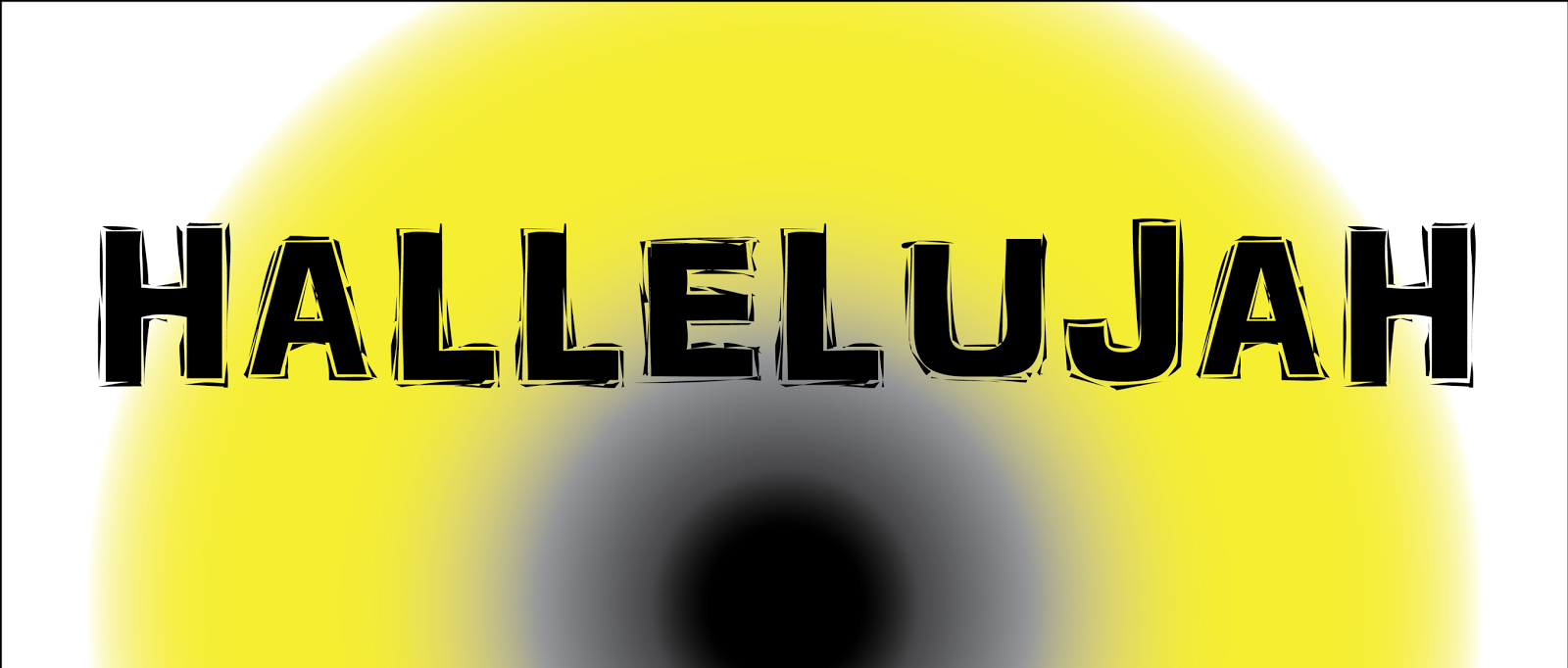Welcome to my blog! Sit back, relax, and enjoy! Feel free to clIck "Follow" and check back regularly!
Sunday, April 20, 2014
The Fall and Rise of Jesus
Sunday, December 22, 2013
Unexpected Guests
The news was getting out. Sometime earlier, God had used angels to announce Jesus’ birth to shepherds. Now He chose another interesting and unusual way of announcing it to someone unexpected. This time no angels appeared. But a group of guys in the east, professional stargazers, were looking into the sky when they saw an unusual star. Where were they from? We don’t know, but it could have been Arabia or Persia. They studied the stars, and they believed that the stars showed signs and announced events. They had also studied many ancient scrolls, and they had read that a King of the Jews would come someday. Somehow they realized that this star had something to do with that King, and they wanted to know more. They were known as magi. We get the words magus, magi and magic from the same word. There was a lot of mystery about them, and some people believed they could do magic. They were also known as wise men because they often gave advice and interpreted dreams and other things for kings. How many of them went on the trip? We don’t know. But we do know that they chose three interesting and expensive gifts to take with them on the journey they were about to take.
Gold was a gift for a King. Frankincense was a gift for the Son of God. Some people burn it when they worship. Myrrh was a gift for the Messiah. It’s a spice that people used when they were burying people. Prophecies told that the King of the Jews would be the Son of God and the promised Messiah, and that one day He would give his life to save us. The gifts that the magi chose showed that they had read the prophecies, and they knew who they were about to meet. They were pretty excited about this, because it isn’t every day you meet someone like that! So as soon as they saw the star, they gathered their gifts, packed up, and left.
It was a long journey. If you’re looking for a King, where do you look first? You go to the capital of the country and find the King’s palace! So they found themselves in Jerusalem at the palace of King Herod. They started to ask around, “Where is the one who has been born King of the Jews? We saw His star when it rose, and we’ve been following it so we can worship Him.”
When Herod got word that these guys were asking around about a new King of the Jews, he was pretty upset. What new King of the Jews? Herod was King of the Jews! Did this mean someone was about to take his place? He liked his job and his life, and he didn’t want to see it end because some kid was gonna come and take his throne!
So Herod called the experts: the priests. They had also studied the prophecies, and so they told him that the prophet Micah had said that the Messiah would be born in the tiny village of Bethlehem.
Then Herod came up with a crafty plan. He talked to the magi and found out exactly when the star had appeared. He told them about the prophecy that the Messiah would be born in Bethlehem. “Go there,” he told them, “and when you’re done, come back here and let me know where he is… because I wanna worship him too!”
So the magi left Jerusalem and followed the star to Bethlehem. It kept going ahead of them until it stopped over a house. They couldn’t contain their excitement! They knocked on the door, and when they went in, they saw him. The boy was probably somewhere around 2 at this point. Mary and Joseph couldn’t believe their eyes as a bunch of richly-dressed foreigners came into the house and knelt down to visit their son! They laid their gifts of gold, frankincense and myrrh at his feet.
That night, one of the magi had a dream that included a warning: Herod wasn’t planning to worship the new King of the Jews. So the next morning, instead of returning to Jerusalem, they left, and went home another way.
Joseph also had a dream. An angel appeared to him and said, “Quick! Get up! Take Mary and Jesus and get out of here! Herod is about to come looking for Jesus to kill him! Go to Egypt and stay there until I tell you it’s safe to come back.” Later someone remembered that the prophet Hosea had once foretold, “Out of Egypt I will call My Son.”
Sure enough, Herod’s men came looking for Jesus, but He wasn’t there. Sometime later, the angel appeared to Joseph again and told him, “It’s OK to go back now. Herod has died.” So the young family returned to their hometown of Nazareth, where Jesus grew up.

